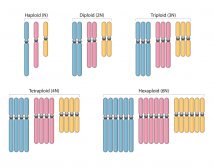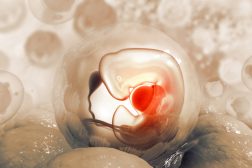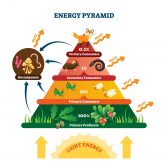Definition
Noun
A gram-negative commensal bacterium involved as a causative agent in some human diseases including endocarditis and pharyngitis.
Supplement
Haemophilus parahaemolyticus is commonly present at the upper respiratory tract involved in pharyngitis and sub acute endocarditis. It is considered as natural commensal organisms of the nasopharynx in humans which can be pathogenic that occurs rarely but act as an opportunistic pathogen particularly to individual with aspiration pneumonia.
Haemophilus parahaemolyticus is implicated in various infections including endocarditis, pharyngitis, empyema in the gallbladder and cryptogenic brain abscess. It is also associated with acute respiratory distress syndrome and septic shock.
Haemophilus parahaemolyticus showed susceptibility in ceftriaxone, ampicillin, rifampin, gentamicin and ciprofloxacin and has been isolated in throat, pharynx and sputum that has a potential for causing invasive and severe diseases in humans.
Scientific classification:
Kingdom: Bacteria
Phylum: Proteobacteria
Class: Gamma Proteobacteria
Order: Pasteurellales
Family: Pasteurellaceae
Genus: Haemophilus
Species: Haemophilus parahaemolyticus
See also:
• Bacteria
• Pharyngitis
• Endocarditis
Dictionary > Haemophilus parahaemolyticus
You will also like...

Polyploidy
Humans are diploid creatures. This means that for every chromosome in the body, there is another one to match it. Howeve..

Ecological Research: Measuring & Analysis
This lesson is about the methods used for ecological research, such as quadrat and transect sampling, canopy fogging, an..

Muscle
Muscle cells are specialized to generate force and movement. Learn about the different types of muscle tissues in this t..

Growth and Development of a Human Baby
Upon fertilization, a zygote forms and develops into an embryo. This tutorial elaborates on the growth and development f..

Population Regulation in an Ecosystem
With regard to the population size of a species and what factors may affect them, two factors have been defined. They ar..

Freshwater Community Energy Relationships – Producers & Consumers
This tutorial looks at the relationship between organisms. It also explores how energy is passed on in the food chain an..

